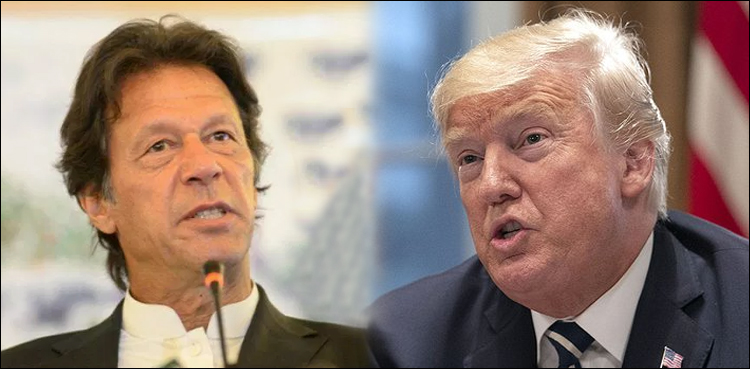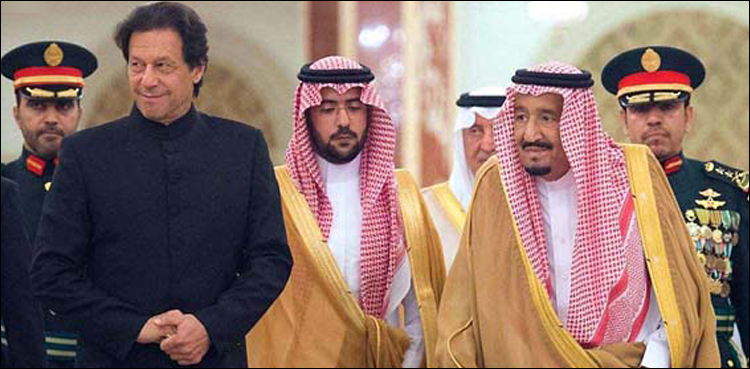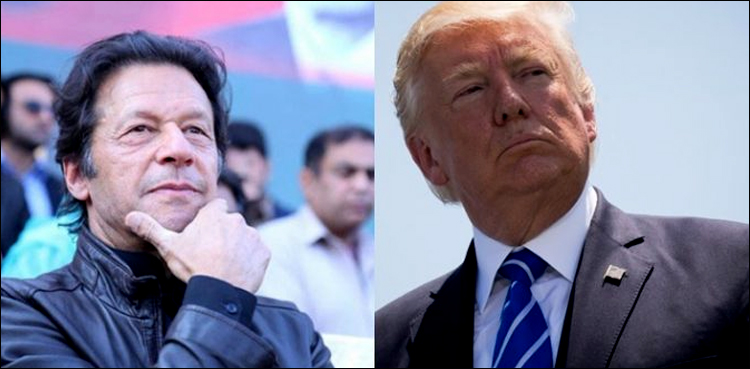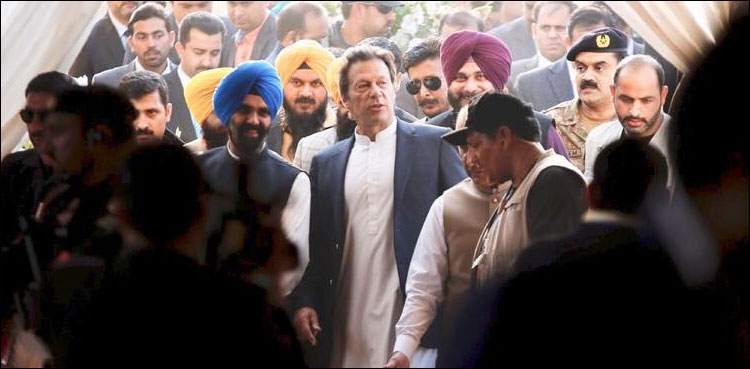
Pakistan faces a host of challenges on the external front with a volatile situation on eastern and western borders of the country.
The country’s relations with BJP’s India are at a historic low whereas, in the west, the ties with Afghanistan are also marred by formidable challenges due to the neighbouring country’s internal security situation. Relations with Iran, too, are not as good as they were in the past.
In this situation, China is the country’s only neighbour with which mutually beneficial strategic and economic ties are strengthening.
It was, therefore, necessary for the Pakistan Tehreek-e-Insaf (PTI) government to take foreign policy steps that would not only ensure peaceful borders but also support its economy which has made a steep downhill trajectory since past several months.
As the year 2018 comes to an end, it will be pertinent to review what the new government has gained on the diplomatic front in its four months in the office after swearing in August this year.
The diplomatic footprints of the new PTI government can be seen in PM Khan’s foreign trips to crucial allies Saudi Arabia, China, United Arab Emirates (UAE) and Malaysia. It has also facilitated dialogues between the Afghan Taliban and the United States (US) to restore peace in Afghanistan.

Financial aid from the Middle-East
The two visits to Saudi Arabia can be termed most fruitful in economic terms since the oil-rich kingdom pledged six bn dollars in financial support for the country. It promised $3bn to meet its current account deficit and offered $3bn worth of oil on deferred payments.
The recent visit to the UAE was aimed at cementing traditional relations with the UAE government. The UAE has also promised to extend another $3bn to Pakistan for supporting its rapidly deteriorating economy.
Learning from the Chinese and Malaysia
However, perhaps the premier’s most important visit was to Pakistan’s all-weather friend China, where he and his colleagues in government held talks with the Chinese to reset the all-important China-Pakistan Economic Corridor (CPEC) to serve the needs of Pakistan best. The government delegation also gave attention to the People’s Republic of China’s anti-corruption policies and the style of governance.
A delegation of the ruling PTI’s officials later visited China and held meetings with the Chinese state and Communist Party officials.
Similarly, the prime minister’s visit to Malaysia was seen as part of his efforts for his so-called ‘nation-building’ program. Throughout his political struggle, Khan has been all-praises for Malaysian premier Mahathir bin Mohammad and his policies which, according to him, have uplifted the Southeast Asian nation from obscurity to one of the top tourist destinations in the world.

Response to Trump’s claims
Prime Minister Imran Khan criticised the US President Donald Trump’s remarks against Pakistan, and advised him to educate himself about historical facts after the US President claimed that Islamabad did not adequately support the Washington-led ‘war on terror’.
In a series of statements on Twitter, Khan listed ways in which Pakistan assisted the US all the while being impacted by the war, saying the “record needs to be put straight on Mr Trump’s tirade against Pakistan”.
The comments came a day after Trump defended his decision to cut hundreds of millions of dollars in military aid to Pakistan, accusing Islamabad of taking the financial assistance and at the same time allowing former Al-Qaeda leader Osama bin Laden to hide in the country.

Khan recalled the Pakistani lives lost during the war and said that the US had made Pakistan a “scapegoat” for its failures in Afghanistan where the Taliban are stronger than at any point since the 2001 US-led invasion.
Kartarpur Corridor: A new beginning?
Imran Khan in his first speech as the prime minister invited neighbouring India for talks over scores of contentious issues between the two countries.

However, when it comes to the diplomatic achievements of Imran Khan’s government, the icing on the cake is its new diplomatic initiative towards India, the Kartarpur Corridor, a step that will not only meet a long-standing demand of the Sikhs of India but also create goodwill of Indian public towards Pakistan.
It also has the potential to force the BJP-led Indian government to reconsider its policy of aggression towards Pakistan and come to the table for talks on the contentious issues between the two neighbouring countries.
Therefore, in a nutshell, the new government of Pakistan in its first few months in office has initiated some fruitful steps that will lay the foundation of the future course of more proactive foreign policy of the country.
The post Four key foreign policy steps that defined Pakistan’s foreign policy in 2018 appeared first on ARYNEWS.
from ARYNEWS http://bit.ly/2BRynlP
Comments
Post a Comment